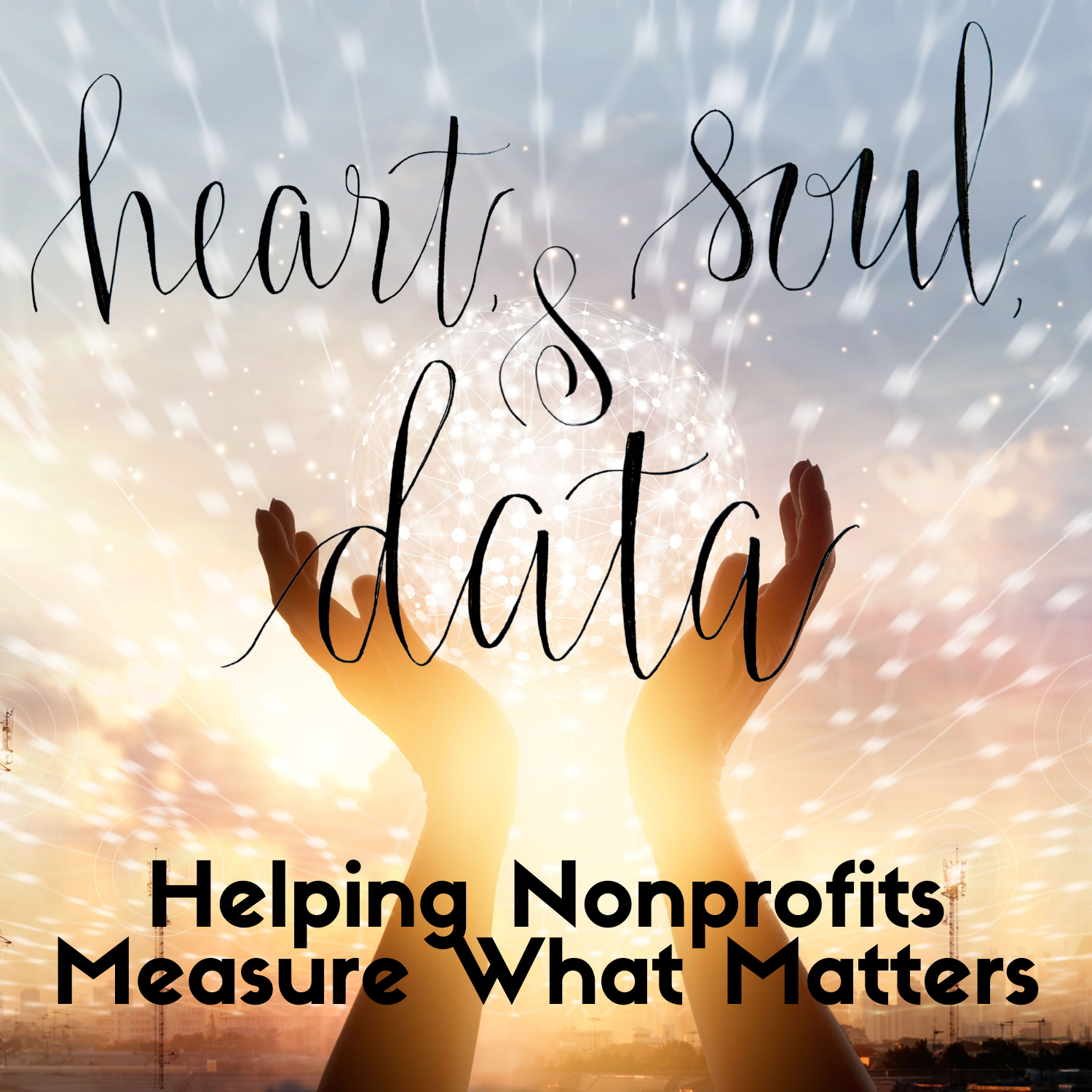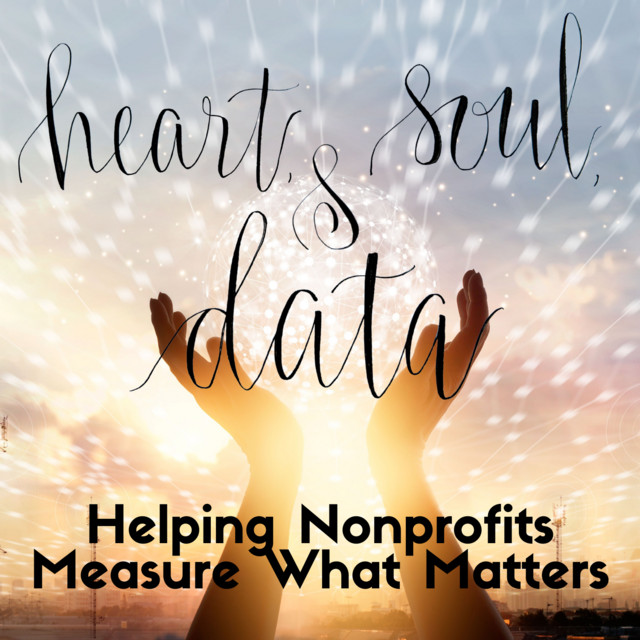"When you're thinking about doing a research study, define and design. So you define what you wanna know, then you design how you're gonna find that out. That's everything. Everything goes back to those two words."
If you're one of those people who think that scientific research is just for academic scientists or the lab rats working hard at their lab bench benches with their pipettes, today's episode is for you. I am joined by Neil Krohn, founder and principal of Advanced Healthcare Analytics, to share his expertise in doing research that really matters, and how research isn't just for academic scientists. Stick around till the very end of this episode and learn how your organization, even a small nonprofit, could benefit from designing your own research projects.
Neil Krohn is the founder and principal of Advanced Healthcare Analytics, which provides both quantitative and qualitative analytic services. Neil earned his Ph.D. in Clinical Psychology from the University of Tulsa and completed his post-doctoral fellowship in Administration and Evaluation Psychology from the University of Colorado Denver. For more than 20 years Neil has worked in healthcare analytics in both the public and corporate domains. He is particularly interested in helping organizations design and implement research studies that assist them in defining their goals and furthering their missions. He also taught Statistics and Research Methods to psychology graduate students for many years and served as the research design member on doctoral papers and dissertations. Currently, Neil is launching an initiative to have experts in science and technology share their knowledge in small-group discussions in the community. Neil lives with his wife in Denver, Colorado. He’s an avid cyclist, riding about 150 miles per week on Denver’s amazing trail system.

We in the nonprofit world pour our hearts and souls into our work every day. But know what else nonprofits need to succeed? Data....

We use data in our everyday lives - even when we go on vacation. Listen to Luke Komiskey explain how his data analytics knowledge...

Erin MacKenney from the St John Learning Exchange discusses her journey to implement a data plan and outcomes-based funding model. Through collaborative efforts and...